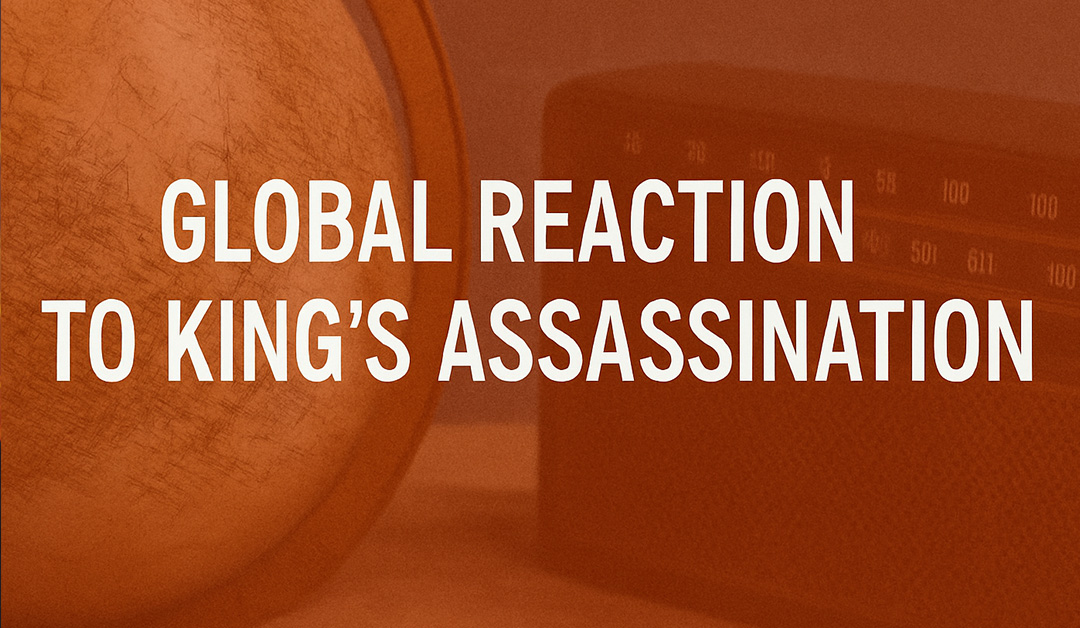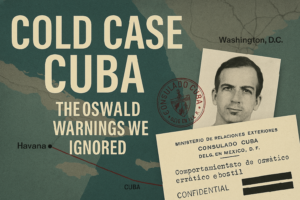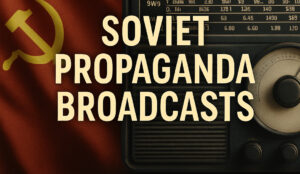In the days following the assassination of Dr. Martin Luther King Jr., a flurry of broadcasts and newspaper reports from Cuba painted the murder not just as a tragedy-but as a catalyst.
A secret telepouch report from April 1968 captured how Cuban state-run media covered the killing.
Their framing was unambiguous: King’s death was a symbol of imperialist rot, and a spark for global revolutionary struggle.
From editorials to revolutionary manifestos, the message was clear-the nonviolent dream had been assassinated, and in its place, radical movements were ready to take up arms.
"This crime unmasks the evil face of the rulers and fascists of the United States."
🗞️ Cuban Headlines Echo Around the World
The communist daily Granma reported King’s death on its front page, calling it "last minute news" and placing blame squarely on American society.
Other Cuban publications and radio stations followed suit-drawing connections between King’s assassination and the broader oppression of African Americans, working-class citizens, and people of color around the world.
They categorized U.S. Black civil rights groups into two camps:
- Violent: Black Panthers, RAM, Deacons, Black Muslims, and SNCC
- Non-Violent: NAACP, Urban League, SCLC
But in the wake of King’s death, the boundaries blurred.
Radio Progreso quoted Stokely Carmichael warning: "Guerrilla warfare will rapidly spread through the cities… we cannot openly rebel against the police."
🌎 Messages of Solidarity from Across the Global South
Broadcasts from Radio Habana and Radio Liberación included statements from:
- The South Vietnamese National Liberation Front
- Puerto Rican independence leaders
- The Asian, African, and Latin American People’s Solidarity Organization
Each declared the assassination a sign of U.S. imperialism’s internal decay-and an opportunity for uprising.
"The exploited masses can only answer reactionary violence with revolutionary violence."
They sent condolences to King’s family but quickly turned to calls for armed struggle and global solidarity.
🕊️ The Death of Nonviolence
Despite praising King’s vision, Cuban commentators and global revolutionaries alike voiced skepticism toward nonviolence after his death.
Cuba’s Episcopal Bishop, Juan Agustín Martínez, expressed hope that King’s murder might “speed up the arrival of the day when every man will be treated with respect.”
Yet others were more blunt. One commentator wrote:
"Martin Luther King did not preach violence, but he was the victim of it. He did not unleash violence-but violence mowed him down."
Their conclusion was simple and fierce: U.S. racism could not be reformed. It had to be overthrown.
🩸 Revolutionary Reverberations
The telepouch reveals a world watching the U.S.-not with sympathy, but with revolutionary readiness.
It wasn’t just a domestic tragedy.
It was a signal.
And from Cuba’s microphones to Vietnam’s front lines, the response was resolute: no more waiting, no more peace, only power.






